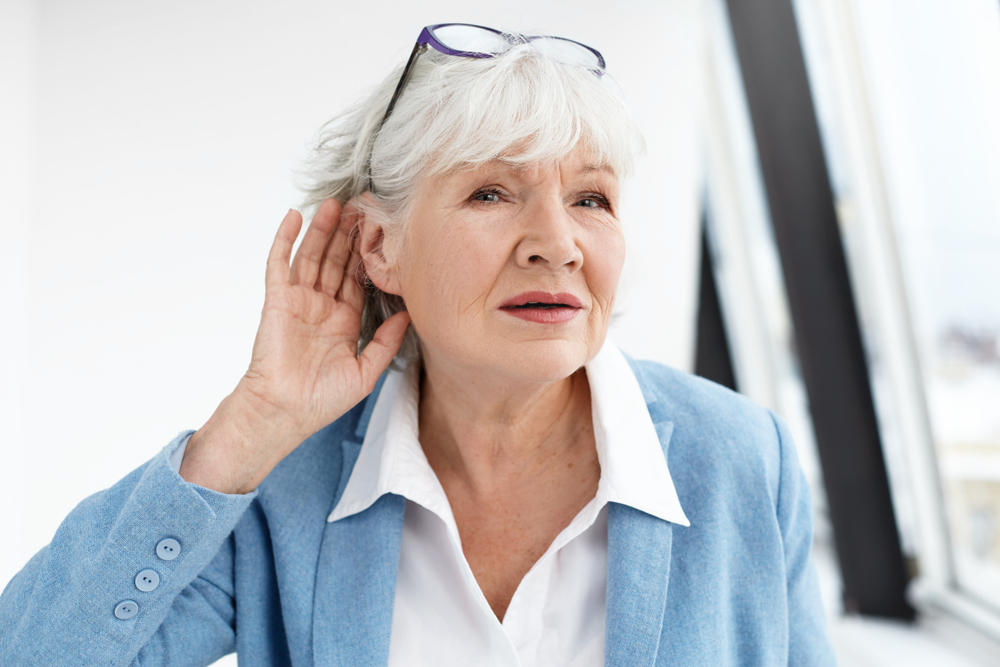Age-related changes in hearing are a natural part of the aging process, influenced by various factors beyond just the passage of time. While it’s commonly assumed that hearing loss is inevitable with age, the truth is more complex. This article explores the physiological changes in our ears as we age, the factors that contribute to age-related hearing loss, and strategies for maintaining optimal hearing health throughout life.
What are the physiological changes in aging ears?
As we age, our ears undergo several physiological changes that can impact hearing acuity. Sensory cells within the cochlea become less sensitive over time due to cumulative exposure to noise and other environmental factors. This decrease in sensitivity often manifests as difficulty hearing softer sounds or understanding speech in noisy environments. Additionally, neural pathways that transmit auditory signals to the brain may deteriorate, leading to slower processing of sound information and challenges in auditory perception.
What factors contribute to age-related hearing loss?
- Genetic Predisposition: Genetics play a significant role in determining susceptibility to age-related hearing loss. Individuals with a family history of hearing problems are more likely to experience similar issues as they age. Understanding genetic predispositions can help individuals take proactive steps to protect their hearing early on.
- Environmental Influences: Prolonged exposure to loud noises, whether occupational or recreational, is a primary contributor to accelerated hearing deterioration. Noise-induced hearing loss is cumulative and irreversible, underscoring the importance of using ear protection and minimizing exposure to excessive noise throughout life.
- Cognitive Decline: Cognitive health is intricately linked to auditory function. Age-related changes in the brain can impact the processing and interpretation of sound, making it challenging to understand speech and other auditory stimuli, particularly in challenging listening environments.
Strategies for maintaining hearing health
Maintaining good hearing health throughout life requires a combination of preventive measures and proactive interventions:
- Protective Measures: Use ear protection, such as earplugs or earmuffs, in noisy environments to reduce exposure to damaging noise levels.
- Regular Hearing Screenings: Schedule regular hearing screenings to monitor changes in auditory function and detect potential issues early. Early intervention can often slow the progression of hearing loss.
- Healthy Lifestyle Choices: Adopting a healthy lifestyle that includes regular exercise, a balanced diet, and managing chronic conditions like diabetes can support overall health, including auditory function.
- Cognitive Stimulation: Engage in activities that stimulate cognitive function, such as puzzles, reading, and social interactions, to maintain brain health and preserve auditory processing abilities.
While age-related changes in hearing are inevitable to some extent, they are not solely determined by age alone. A combination of genetic predisposition, environmental influences, and cognitive factors contributes to the complexity of age-related hearing loss. By understanding these factors and implementing proactive strategies, individuals can take control of their hearing health and enhance their quality of life as they age. Remember, proactive care and early intervention can make a significant difference in preserving auditory function and enjoying clear hearing well into the golden years.
Find a hearing specialist near you if you are experiencing hearing challenges as you age.
